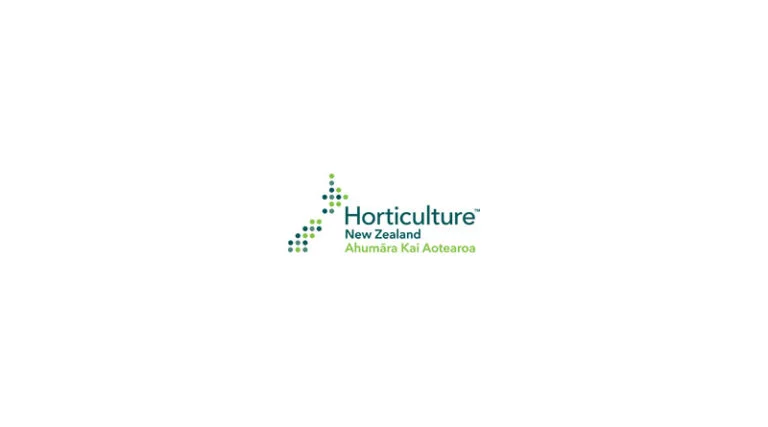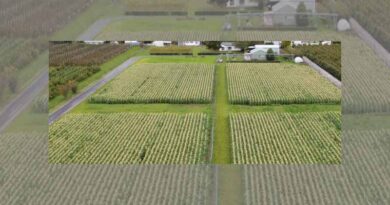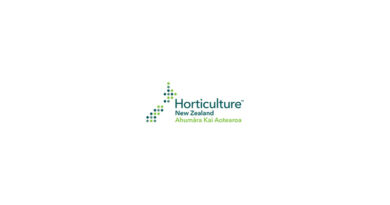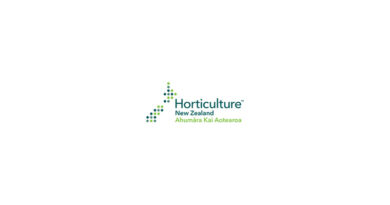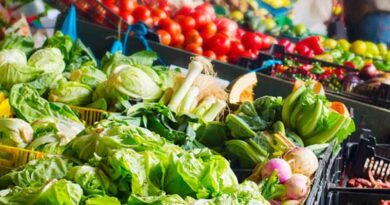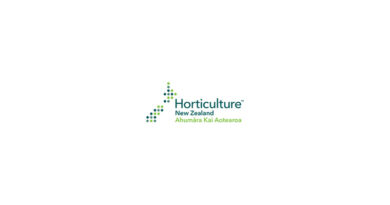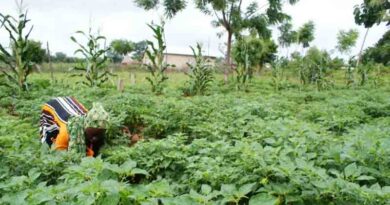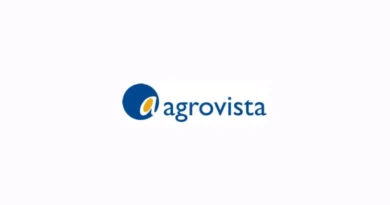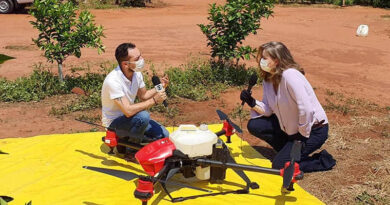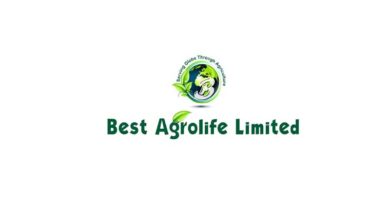Heniz Wattie’s rises to sustainability challenges
16 February 2024, New Zealand: With multiple challenges facing food producers, New Zealand’s longest established process vegetable producer Heinz Wattie’s is investigating new ways to satisfy market expectations and enhance its valuable relationship with growers.
Heinz Wattie’s, now part of the multi-national Kraft Heinz group, has been processing vegetables, including peas, dwarf beans, broad beans, carrots and potatoes in Canterbury for more than 50 years and today more than 200 growers within an 85km radius of the factory in Christchurch are suppliers.
“It’s very much a partnership between ourselves and growers because we aim to develop a long-term relationship with growers. We feel we have a good reputation in the industry because we work side-by-side with growers with the goal to achieve a high returning and high-quality crop that also meets our requirements,” says Senior Agronomist Nigel Rowe-Lucas.
But meeting both grower and market requirements is becoming more challenging thanks to climate change, increasing compliance requirements and evolving market demands.
“You’ve always had those challenges but their significance or impact has changed,” says Heinz Wattie’s South Island Agricultural Manager Greg Noller. “Our challenge is to use science and knowledge to understand those challenges perhaps better than our forefathers, to be a bit smarter with what we’ve got.”
One major looming problem revolves around the crop protection products used in horticulture with some being phased out and new products not being readily available. That, together with the fact increasing numbers of consumers are concerned about chemical residues in their food, means Heinz Wattie’s and other producers need to find a solution.
The company is working closely with the levy organisation Process Vegetables NZ and Plant & Food Research to find alternative, naturally occurring products to replace synthetic chemicals [part of a Lighter Touch programme]. While there are some promising products, there’s no quick-fix, says Greg.
The biological alternatives being studied include both live and dead organisms, some of which are naturally occurring soil fungi and bacteria and others stimulate an immune response in the plant.
“Biologicals are not as clear cut as synthetics, we’re not going to get the same level of efficacy from one product so we’re going to have to look at combinations – we might use A, B and D under these conditions, in other conditions it might be E, F and G.”
“We need to understand under what conditions and at what stage the biological is most effective on the disease so we can appropriately target applications.”
Among the issues they hope to address with biological solutions is the weak root system of peas, one of Heinz Wattie’s major Canterbury crops. When there’s too much rain and the soil is soaked, creating anaerobic conditions for two or three days, the root systems can be damaged, pathogens can invade and while the tops look fine the root system is weakened.
“As soon as it goes into load to start setting peas, the pressure comes on and it struggles. Either its yield is reduced or you see a change in the physiology of the seed. That can affect the flavour and texture of the pea – which may result in a less pleasant eating pea.” Greg says.
“That’s why we’re doing work as an industry to understand how we can improve the root system either through breeding – although with crops like peas that’s a long process, or we start looking at some of these biological products targeting the root system,” adds Nigel.
“We’ve identified some species that potentially will have an effect on the pathogens we’re trying to combat but also provide yield improvement.”
“We’re working hard at this. We’re reaching out to companies overseas who are learning about new chemistries or new products and saying, ‘Can we trial those?’, and when they learn what we’re doing, they’re really responsive to it.
“The good news is a lot of the major agrochemical companies now are very much focused on these particular products.” They have the discipline and resources to work to understand how these products interact with the disease and plant.
Climate change is also high on Heinz Wattie’s list of new challenges, and the company has 30 years of Canterbury weather data that reveals a slow increase in winter nighttime temperatures. Nigel gives July 15 2023 as an example of that. “Historically the long-term daily average has been around two degrees as a daily minimum temperature but over time that’s increasing and it’s now more like 3.5 degrees, and the day after that is similar.”
While that could mean Canterbury may in future be able to grow crops that require those higher temperatures, the downside is the weather extremes that come with climate change as well as an increase in the number of pest and diseases growers have to cope with.
Heinz Wattie’s are also looking for ways to reduce their growers’ contribution to greenhouse gases, particularly from artificial nitrogen, looking to fully understand and utilise the nitrogen (N) captured by peas and dwarf beans – both legumes. For the past two years they’ve been measuring nitrogen in the soil before and after cropping as well as in the plant residue.
“We know peas are beneficial for the rotation and now we’re getting the science behind it, this is how much N is present in the plant residue, that’s going to be released back slowly if you decide to incorporate it back into the soil, and this much N will be available for the following, say, cereal crop,” says Nigel.
“You’re talking for example 175kg to 250 kg of N/ha in the plant residue, that’s a significant number for a following crop.”
But while Heinz Wattie’s are working hard to address environmental issues and help their growers to run sustainable operations, Greg is concerned about the effect of increasing compliance costs.
“What we don’t want to see is it becoming so arduous for our growers that they say it’s not worthwhile, so that they are unable to produce the crops that we know are the best in the world and therefore push those products to be grown in less ideal locations.
“So, we’ve really got to defend New Zealand for the sake of the world,” Greg says. “We’re trying really hard to keep ahead of the game and that’s been the nature of New Zealand growers I think from the word go.”
Kraft Heinz is the fifth largest global food company and Wattie’s is one of the business’s major brands. They’re committed to meeting consumer expectations and environmental considerations as well as supporting their growers.
“There is a lot of focus globally by every multinational food company to produce food in a sustainable way with a minimum impact on the environment. What we need to ensure is that what is being said is actually being achieved in the field and is economically achievable for the grower,” says Greg.
“Our attitude is we need to be doing the best job we can on this planet of ours so we can continue to survive and produce good food. We can’t just all have little suburban plots, you can’t feed the world that way, you’ve got to grow big areas but also maintain and/or improve soil and plant health and the environment.”
Also Read: Freight subsidy to promote agri products export from India
(For Latest Agriculture News & Updates, follow Krishak Jagat on Google News)

